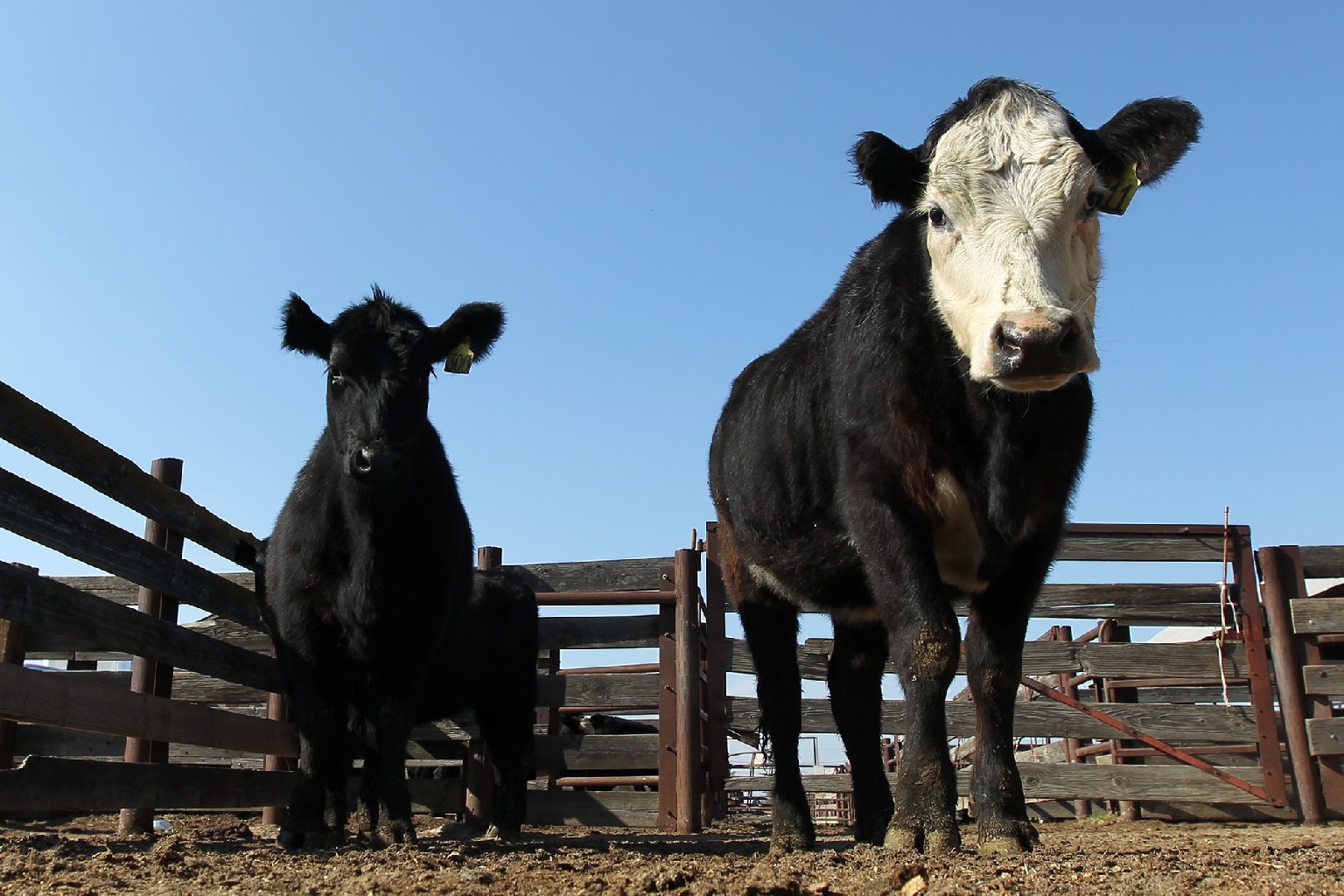Amaral, who pleaded guilty last year to one count of conspiracy to distribute adulterated, misbranded and uninspected meat, is the first of four Rancho workers to be sentenced. The other three pleaded guilty as well.
"Amaral's serious crimes demand a serious sentence," wrote Assistant U.S Attorney Hartley West in a memo filed in federal court earlier this month.
Prosecutors say they agreed to a plea deal with Amaral in part because of his age and poor health. He has suffered multiple heart attacks, melanoma and a number of other ailments, the sentencing document says. With sentencing enhancements for organizing the scheme, his could have faced nine to 11 years in prison.
Amaral's lawyer, Michael Dias, did not return a call for comment. His sentencing memo on behalf of Amaral, which includes information about his client's finances, was filed under seal.
Legal experts and food safety advocates say the case could have lasting effects.
"Prosecution of someone like this certainly sends a message that you're not going to get away with it scot-free," said Rory Little, a UC Hastings law professor.
"I think the sentencing recommendation is pretty severe," said Tony Corbo, a lobbyist for the food-safety advocacy group Food and Water Watch. "I think this is well within reason for what Mr. Amaral did."
"There's a pattern that's developing, at least with this administration, that they are going to go after food processors who knowingly violate the law and put contaminated or unsafe product into the food supply," Corbo said.
Among the ranchers who suffered losses because of the meat recall were Bill and Nicolette Niman.
"I am really looking forward to getting closure," said Bill Niman, whose BN Ranch raised grass-fed beef that was processed at Rancho.
"It has been a struggle recovering from the recall which should never have included our beef," he said in an email.
Even though Niman employees oversaw the slaughter of their animals at the Petaluma plant, the company's beef was condemned as "adulterated by virtue of being processed at the same facility," the U.S. Attorney's Office said.
The Nimans say their business suffered about $6.3 million in direct and indirect losses because of the recalls -- an amount prosecutors want Amaral to pay.
The company had a tough time getting bank loans after the recall, according to Nicolette Niman.
"It had quite a significant impact on our ability to get credit," she said in an interview. "It changed our relationship with lending institutions, it really shifted our own ability to get money and to do business. This was really a matter of people simply doing things out of greed, and it had dramatic effects. When people do bad things, they have to suffer the consequences."

